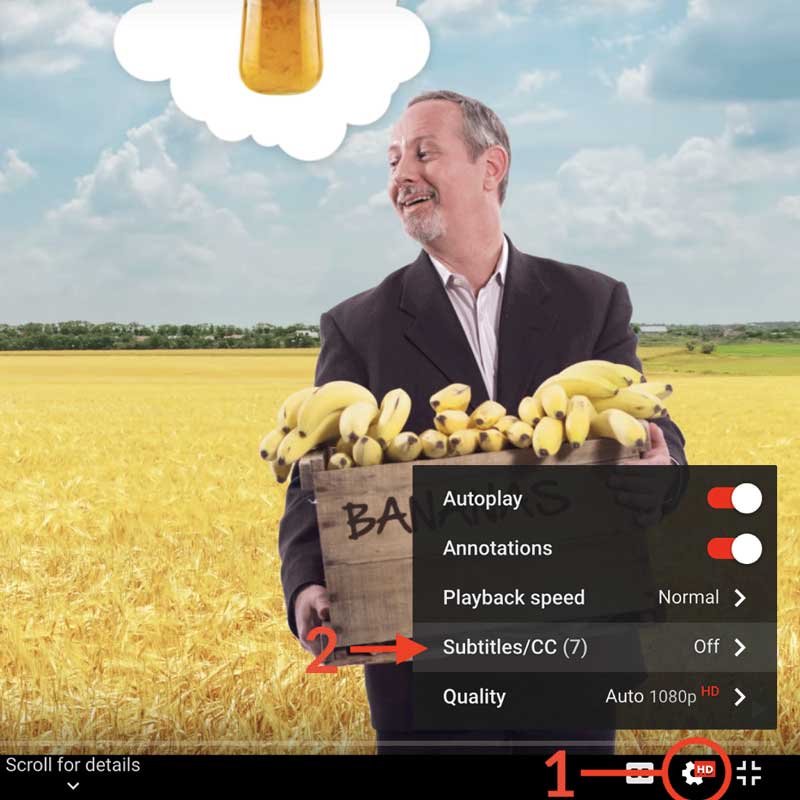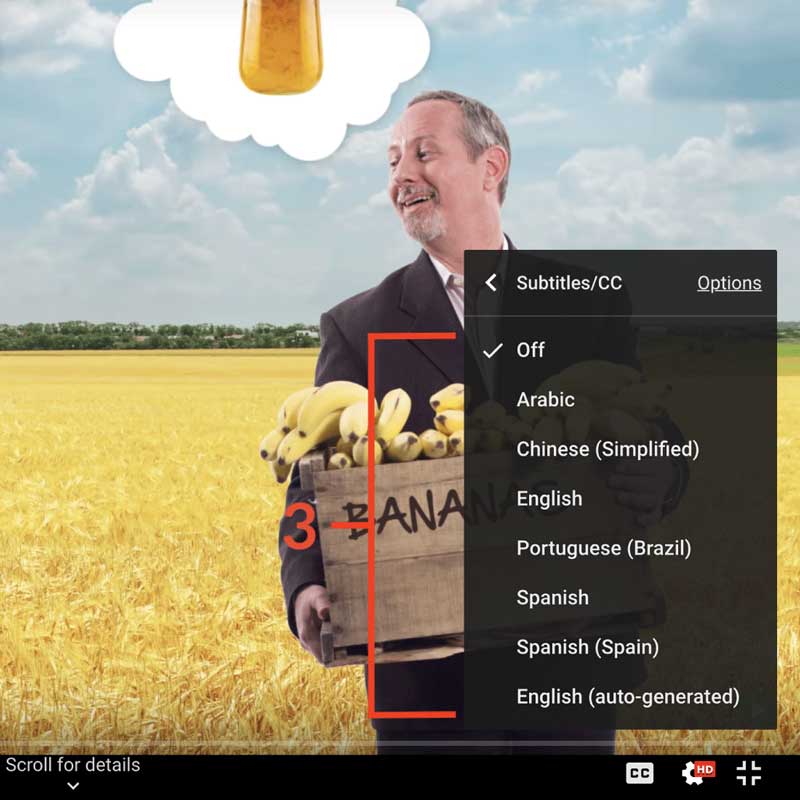The Rise of Superstar Firms and the Fall of the Labor Share
Course Outline
The Rise of Superstar Firms and the Fall of the Labor Share
The “labor share” of GDP has fallen since 2000. Is this another sign that the robots are going to rule our economy? David Autor, an economics professor at MIT, explains the differing explanations for why this is happening.
The “labor share” of GDP means the share going to wages, salaries and benefits—as opposed to going to capital (stockholders, business owners, etc.). That money hasn’t gone away, but it has been concentrated in the hands of fewer and fewer people.
Why is this happening? Is it because of robots taking work from humans? A lack of competition? Or something else? David Autor explains the answers he discovered in his 2019 study on labor share and superstar firms.
Teacher Resources
Transcript
People see this phenomenon -- this falling share of income, rise of these super-competent firms -- as kind of one of the first horsemen of the Apocalypse, the sign that we are entering an era where labor relevance to the production side of the economy will become smaller and smaller and eventually asymptote to zero.
Labor's share of national income has been falling, pretty steeply, since around 2000. It means that labor is getting a smaller share of the pie, and the pie isn't growing very rapidly at present. And that is a potential problem because it's not that that money then goes away -- it goes to owners of capital -- but ownership of capital investment is far, far more concentrated than ownership of labor. We'd like to know why it's happening and how far it's going to go.
So there are three prominent theories about why labor's share is falling. One theory is that you just have a lot of technology substituting for labor. So, everywhere you look, machines are doing things that people used to do. In fact, that would be the kind of simple capital labor substitution story.
A second story would have to do with failure of competition, that firms are getting market power -- meaning they don't have very robust competition. That allows them to raise prices, and the profits may not be paid to workers but they'll be paid to owners.
A third story is that the nature of competition is changing in a way that is favoring more productive firms. There is this idea out there -- superstar firms, these firms that are highly productive, highly capable, that's causing the economic activity to reallocate from smaller, less productive firms to larger, more productive firms, many of which historically are more capital intensive and have lower labor share.
Some superstar firms in the US? -- Well, maybe you would say Amazon, Walmart, Apple. If you think about the rise of Walmart -- Walmart was a platform competitor. It didn't just have nice stores -- In fact they're not that nice -- What it had was supply chains that ran all the way into China. It had the world's most sophisticated distribution system. It had incredible inventory tracking. You could argue that Walmart had no close competitors until Amazon arose. And notice Amazon didn't imitate Walmart's platform, it created another platform to compete with it.
So, many of these superstar firms -- they have some platform that allows them to ward off competition and produce differently, in a specialized way. So those are three classes of explanations, so just to be clear: One, technology everywhere. Two, failure of competition. And then third is this superstar form of competition which is not, per se, a failure. In fact, it could even reflect better competition of sorts. So, which one is true?
I don't think the evidence for that is as strong. Definitely we see examples of firms adopting technologies and reducing labor input. We see that in manufacturing. We see that with robotics. It's a real phenomenon. It's not clear that's happening everywhere else. Automation is having big effects on labor, let me be clear, but they may not be in terms of reducing labor's share of national income. It may be affecting the type of jobs that are being offered.
It's absolutely the case that we also have failures of competition. Not, per se, in Walmart -- I think that's fine -- but US airlines, US mobile phone carriers, US cable operators -- bad antitrust policy allowing market concentration that causes those firms to charge prices that are too high in excess of costs, and that will typically cause labor share to fall. If regulatory failure is the cause of labor's falling share, you would expect that to vary across countries a great deal, because countries have different regulatory bodies. The fact that this has occurred so pervasively makes many people suspect it can't just be regulation.
The third hypothesis, the superstar hypothesis, there's also evidence for, and we know that the rise of some of these superstar firms has coincided with a fall in labor's share of national income. And what we see is a reallocation of economic activity from smaller firms with larger labor shares to larger, more productive firms that have lower labor share.
And what's interesting is we don't see a reallocation of employment. It's not that all the workers are going to work for the big firms, it's that those big firms are able to supply more customers. They call it "scale without mass" -- firms that have tons of market share, tons of revenue, and very few employees.
So I think all three hypotheses are worth your entertaining, and if anyone tells you only one is correct, they're kind of overstating their case. The assumption is hey, you're born with some capacities, with some basic physical skills, cognitive skills. You invest in those capacities through school. You build human capital. You build expertise. And then you leave school and you sell that capacity, that expertise, to the market for 30, 35 years, and then you retire.
If we entered a period where labor's share of national income was very low -- meaning labor was no longer scarce -- we would still have lots of wealth. But we wouldn't have a very good means of distributing it. We wouldn't know who had what claims on it. And that's not a very attractive vision of a market economy.
I'm optimistic that the future of work will involve lots of work, that we will not be running out of jobs. We have -- despite 200 years of incredibly rapid automation we have not made ourselves irrelevant. We've just changed the type of work we do. I have enormous faith in human creativity. We always find more interesting things to do with our time, and the tools that we create create possibilities that we don't foresee. So there will be a world of interesting work to do. The challenge we face is making sure people have the skills and qualifications to be able to do that good work
Subtitles
- English
- Spanish
- Chinese
Thanks to our awesome community of subtitle contributors, individual videos in this course might have additional languages. More info below on how to see which languages are available (and how to contribute more!).
How to turn on captions and select a language:
- Click the settings icon (⚙) at the bottom of the video screen.
- Click Subtitles/CC.
- Select a language.


Contribute Translations!
Join the team and help us provide world-class economics education to everyone, everywhere for free! You can also reach out to us at [email protected] for more info.
Submit subtitles
Accessibility
We aim to make our content accessible to users around the world with varying needs and circumstances.
Currently we provide:
- A website built to the W3C Web Accessibility standards
- Subtitles and transcripts for our most popular content
- Video files for download
Are we missing something? Please let us know at [email protected]
Creative Commons

This work is licensed under a Creative Commons Attribution-NoDerivatives 4.0 International License.
The third party material as seen in this video is subject to third party copyright and is used here pursuant
to the fair use doctrine as stipulated in Section 107 of the Copyright Act. We grant no rights and make no
warranties with regard to the third party material depicted in the video and your use of this video may
require additional clearances and licenses. We advise consulting with clearance counsel before relying
on the fair use doctrine.


